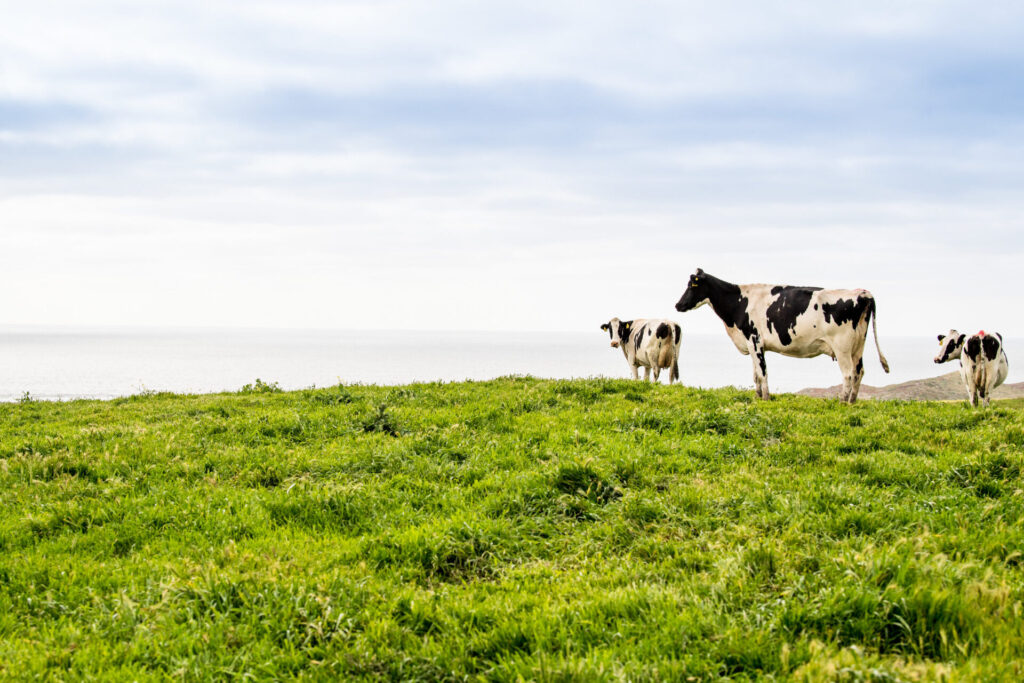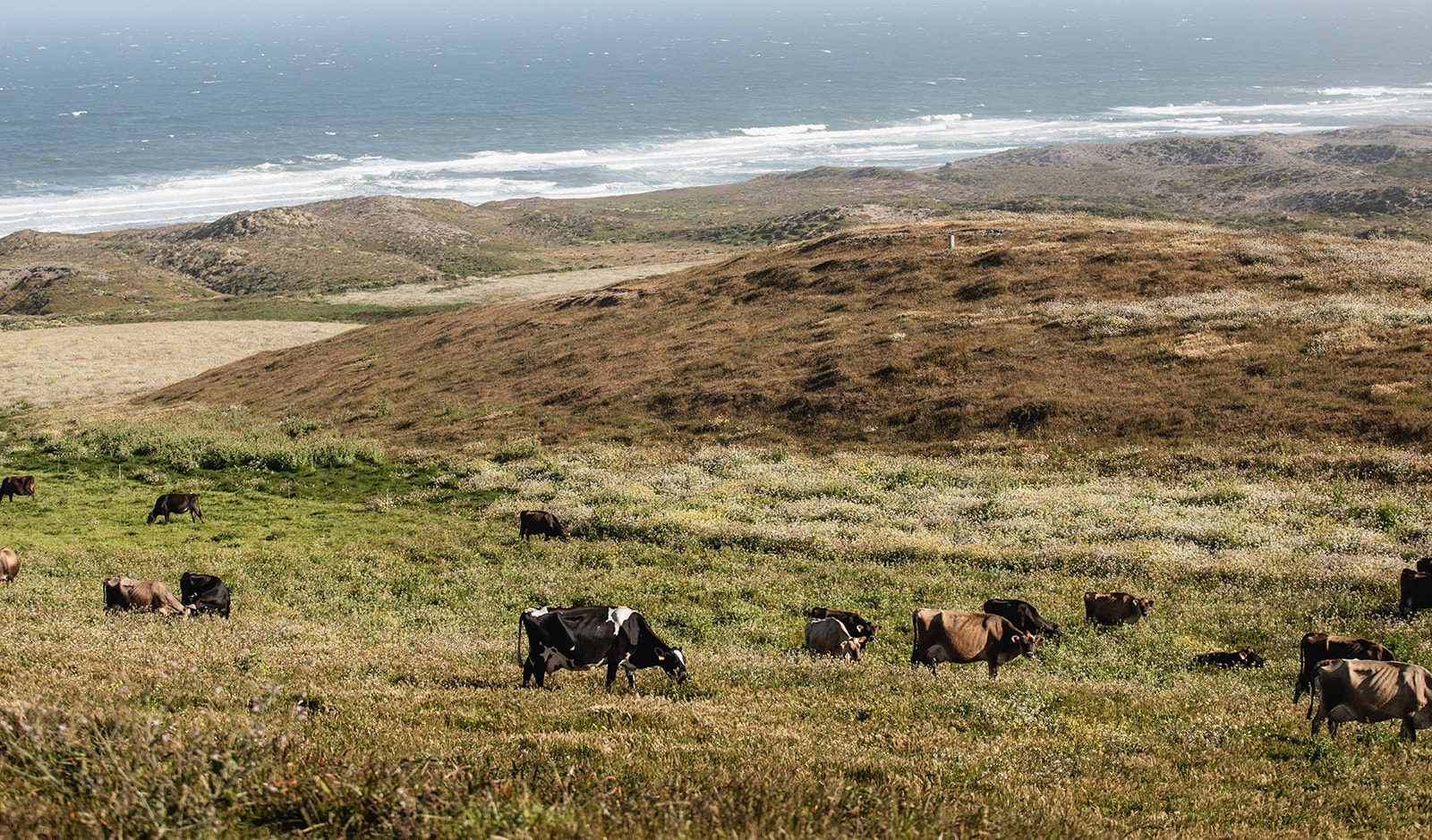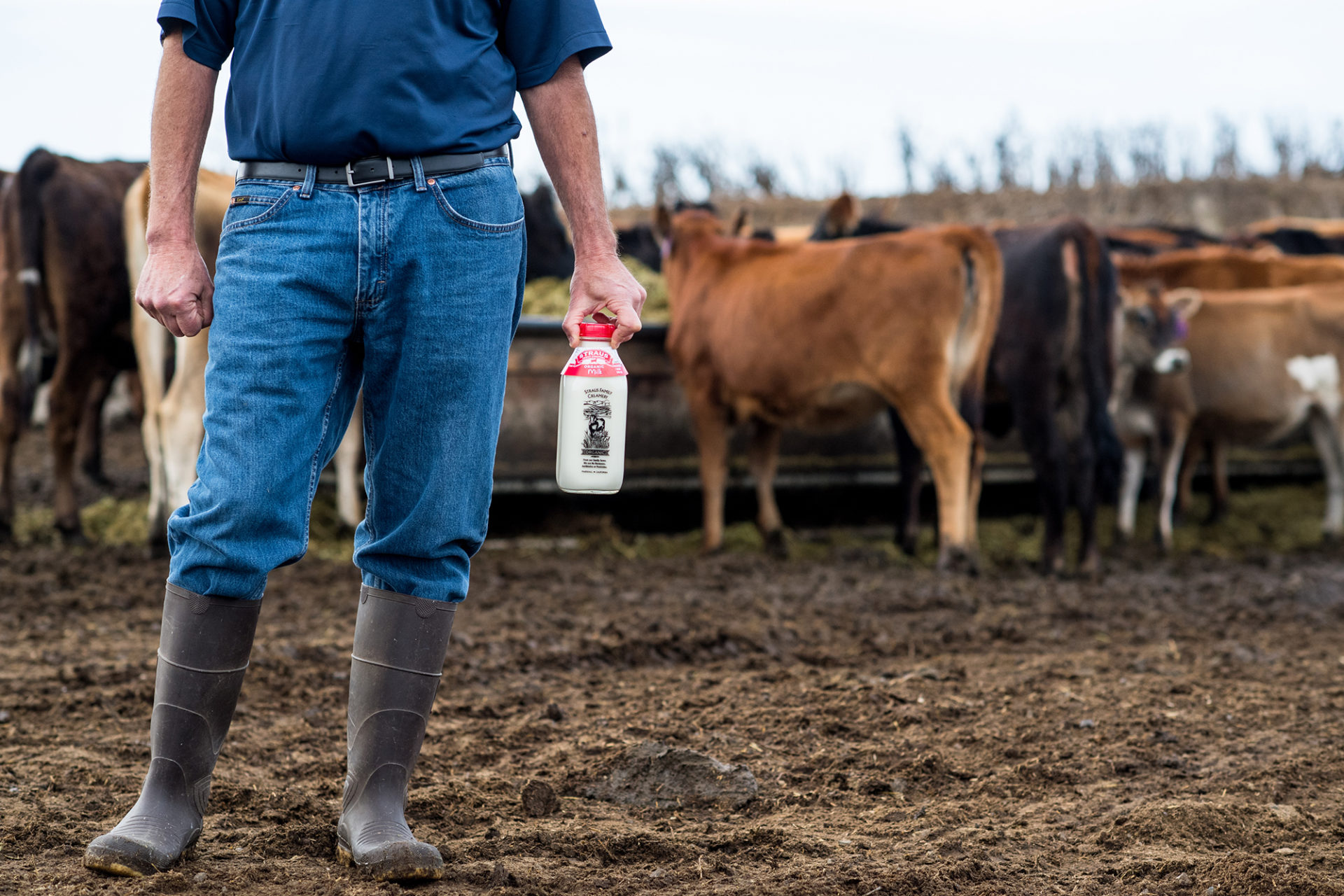By: Albert Straus
Shared with permission: Point Reyes Light – published March 26, 2025
West Marin’s rural community is at a tipping point. The vibrant, interwoven fabric of farmers, community members and local businesses that has defined this region for decades is unraveling due to misguided environmental policies and an increasing emphasis on tourism over agriculture. The recent settlement between the National Park Service, rewilding activists and working dairy farms and ranches at Point Reyes National Seashore underscores a destructive trend: prioritizing a type of scenic landscape demanded by a vocal minority at the cost of our farms, food security and community.
Let’s look at what’s been lost and our continued risk if no action is taken.
Marin County had a stable count of 25 dairies from the late 1990s until 2017. The park will soon have lost six local dairies, significantly adding to what has become a steady decline. We now have only 11 dairies.
Over the past 50 years, the park service has eliminated roughly 130 homes in Point Reyes, according to a survey I conducted with West Marin historian Dewey Livingston. Another 75 are now at risk.
Since 2010, West Marin has lost 35 percent of its school-aged children and 41 percent of its high school students. The median age has increased from 46 to 56, indicating an aging community with fewer young families.
Our community is experiencing an urgent housing crisis. A recent study found a need for 1,000 affordable housing units in West Marin. Instead of addressing this, the county has allowed an expanding number of short-term rentals, further displacing long-term residents and workers.
Removing working farms without a viable plan for re-establishment is an existential threat to our agricultural economy and the community that depends on it. If the Nature Conservancy and the park service insist on eliminating these farms and ranches, they must also invest in relocating them within West Marin, while ensuring housing and economic stability for displaced agricultural families.
Marin has been a leader in organic farming, with over 20 percent of its agricultural land certified organic. This legacy, recognized internationally—including with a 2005 visit from then-Prince Charles, an organic farmer and farming advocate—must not be lost. Organizations like Marin Organic Certified Agriculture and the Marin Agricultural Land Trust have worked tirelessly to sustain our active agricultural lands, but current policies and recent moves, such as MOCA dropping its certification program for livestock and processing, are eroding these efforts.
We need a new approach. MALT and Sonoma County Agricultural Preservation & Open Space should create a program to acquire land and protect it with agricultural easements, improve on-farm infrastructure and lease to the next generation of dairy farmers with an option to buy. It is essential that our community refocuses its commitment to protecting agricultural lands for food and fiber production and to creating opportunities for the next generation of farmers before it is too late.
To expedite the process, Marin should transfer the Coast Guard property in Point Reyes Station to CLAM or provide it with a long-term lease. This will allow private funding for the project to be secured immediately to renovate the housing infrastructure with health and safety requirements using existing septic capacity. This will ensure a swift relocation for nearly 100 community members who will be displaced by the vacated ranches on Point Reyes. Public funding processes are too slow and restrictive, and prevent priority for locals. Contact Supervisor Dennis Rodoni at dennis.rodoni@marincounty.gov to support this idea.
Local policies must shift to support the longevity of West Marin’s farming community. Sustainable land management should include active collaboration between farmers, community members, environmentalists and government to align on a strategy that balances food production, conservation efforts and community. Contact the Marin County Board of Supervisors to support this idea at BOS@marincounty.gov.
The loss of farmland, local families and economic sustainability is not an acceptable cost to achieve a misguided environmental vision that disregards people and community. We must act now to preserve the integrity of West Marin’s agricultural community and heritage. Prompt investment in farmland access, affordable housing and policy reform is essential to ensure that our farmers, families and local food systems survive for generations to come.
Albert Straus is a second-generation farmer and founder and executive chair of Straus Family Creamery. He is a lifelong Marshall resident.



